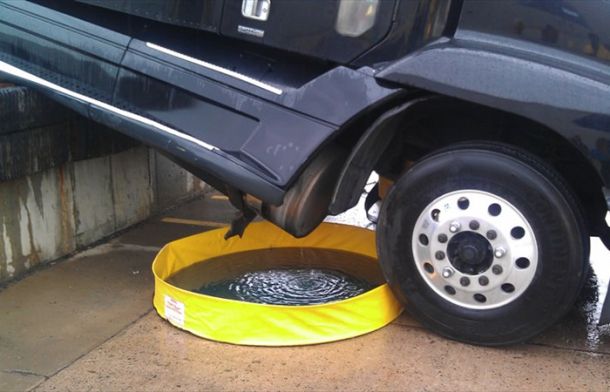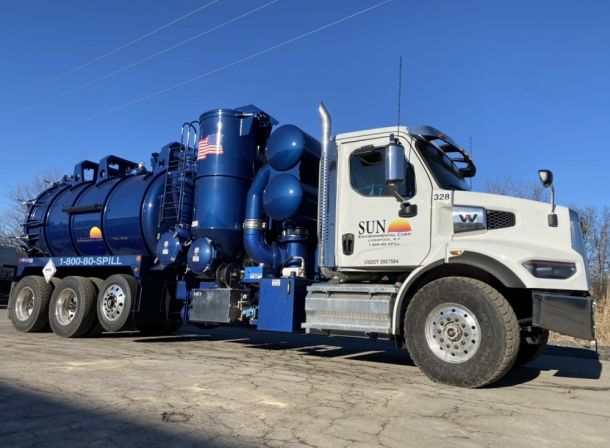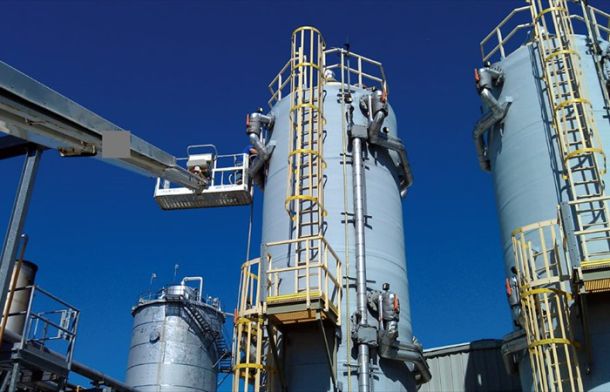
The Backbone of Operational Excellence: Industrial Maintenance
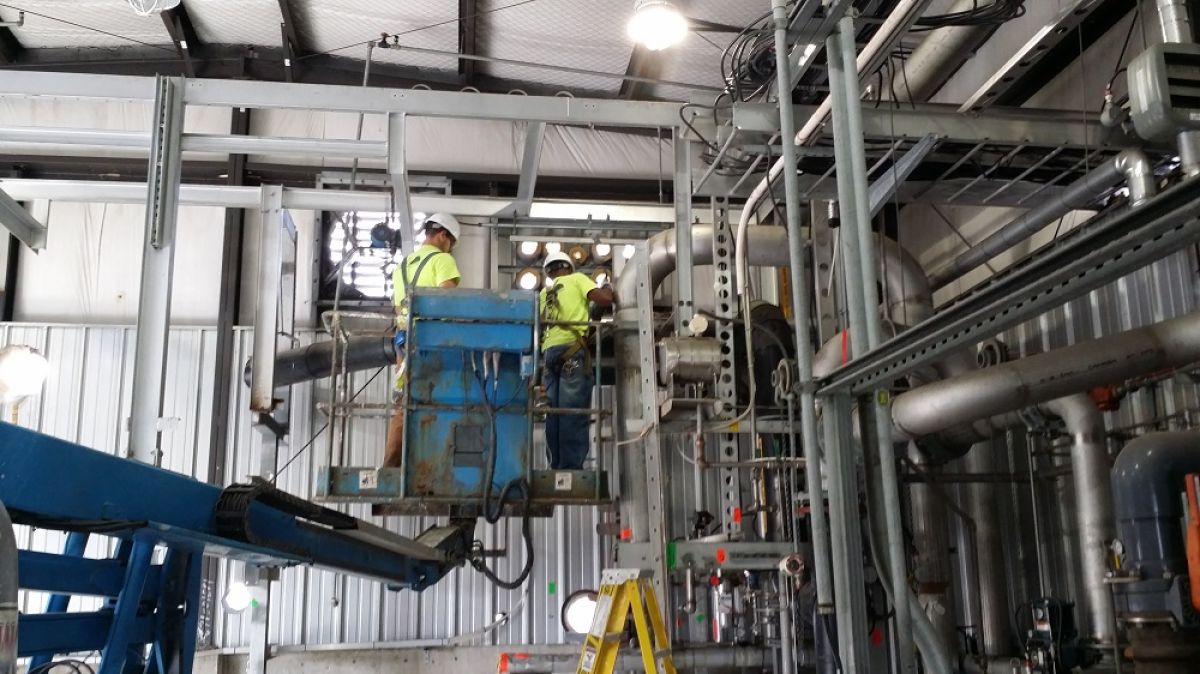


In the dynamic landscape of industrial operations, where machinery and equipment operate under demanding conditions, the significance of industrial maintenance cannot be overstated. Serving as the bedrock of operational excellence, industrial maintenance encompasses a spectrum of proactive measures aimed at preserving assets, optimizing performance, and ensuring safety.
At its core, industrial maintenance involves the systematic upkeep of machinery, infrastructure, and facilities to prevent breakdowns and prolong operational lifespan. Rather than waiting for components to fail, proactive maintenance strategies are employed to detect and address potential issues before they escalate, minimizing downtime and maximizing productivity.
One of the primary objectives of industrial maintenance is to uphold operational efficiency. Machinery subjected to continuous use is susceptible to wear and tear, which, if left unattended, can impair performance and compromise output. Through regular inspections, lubrication, and calibration, maintenance technicians can identify and rectify inefficiencies, thereby optimizing machinery for peak performance.
Safety is another paramount consideration in industrial maintenance practices. Malfunctioning equipment poses significant hazards to workers and jeopardizes workplace safety. By conducting thorough inspections, implementing safety protocols, and promptly addressing any identified hazards, industrial maintenance plays a pivotal role in safeguarding personnel and mitigating the risk of accidents.
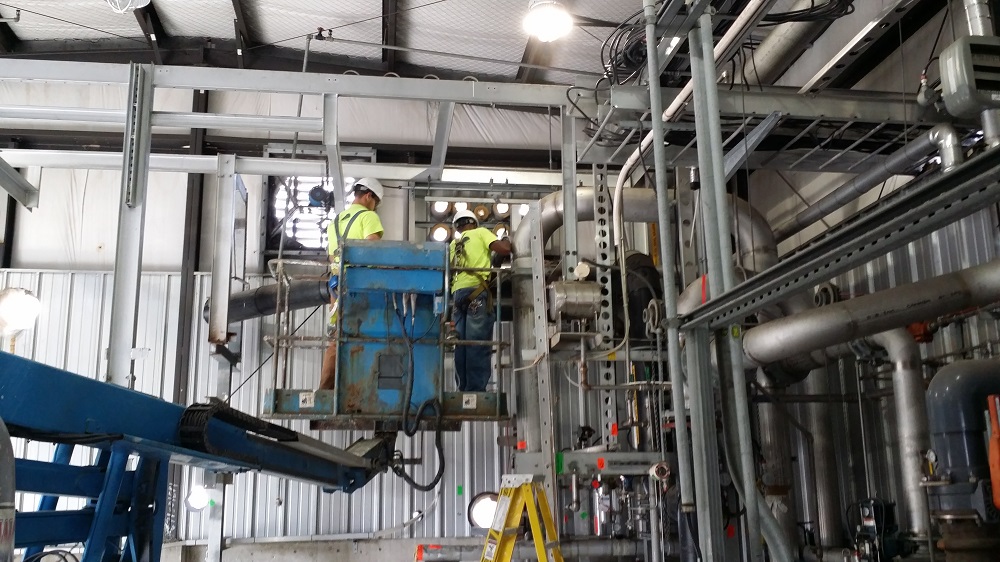
Moreover, industrial maintenance is instrumental in ensuring compliance with regulatory standards and industry certifications. Many industries operate within a framework of stringent regulations governing equipment safety, emissions, and environmental impact. By adhering to prescribed maintenance schedules and documentation requirements, organizations demonstrate their commitment to regulatory compliance and uphold industry best practices.
In recent years, the advent of predictive maintenance technologies has revolutionized the field, enabling organizations to anticipate and address maintenance needs with unprecedented precision. Through the utilization of sensors, data analytics, and machine learning algorithms, predictive maintenance systems can forecast equipment failures and prescribe maintenance actions, thereby minimizing unplanned downtime and optimizing resource allocation.
In conclusion, industrial maintenance serves as the linchpin of operational reliability, safety, and compliance in industrial settings. By prioritizing proactive maintenance strategies, leveraging advanced technologies, and fostering a culture of safety and compliance, organizations can enhance their competitive edge, minimize disruptions, and lay the foundation for sustained success in the ever-evolving industrial landscape.



